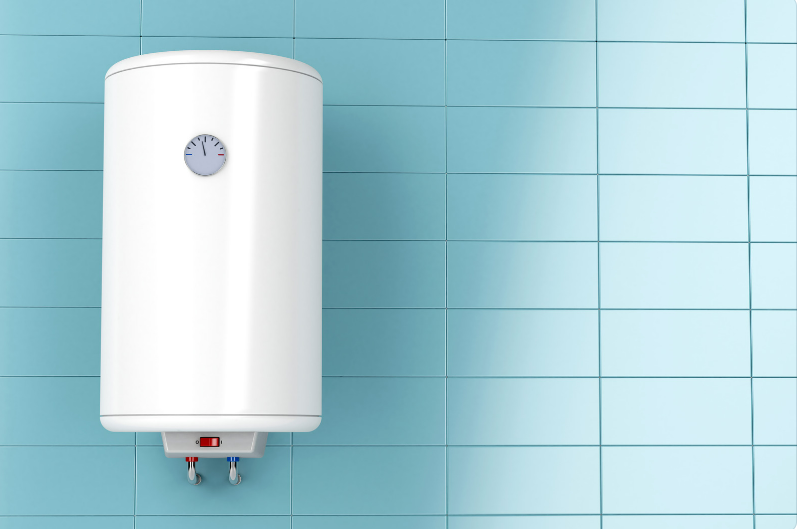What to Pay Attention to When Choosing a Water Heater?

A well-functioning water heater https://e-ferroli.fi/vedenlaemmittimet/ E-Ferroli is the unsung hero of modern-day comfort, facilitating everything from a hot morning shower to the sanitation of your dishes. Its ubiquitous presence often gets overlooked until, of course, the hot water runs out. Given its importance, selecting a suitable water heater necessitates a comprehensive understanding of its fundamentals and a thorough evaluation of individual needs and preferences.
Understanding the Basics of Water Heaters
How Water Heaters Function: An Overview
At the most fundamental level, water heaters do precisely as their name suggests - they heat water. This process involves taking in cold water, heating it via a gas burner or electric coils, and delivering hot water to your faucets and appliances as needed.
Types of Water Heaters
Water heaters come in a variety of types, each with its distinct set of benefits and drawbacks.
-
Tank-based Water Heaters store a reserve of hot water in an insulated tank, providing a ready supply when required.
-
Tankless Water Heaters, also known as demand-type heaters, heat water directly without the use of a storage tank, reducing standby energy losses.
-
Heat Pump Water Heaters, or hybrid heaters, move heat from one place to another instead of generating heat directly, offering a highly energy-efficient option.
-
Solar Water Heaters use the sun's energy to heat water, representing a sustainable, albeit weather-dependent choice.
Key Considerations in Choosing a Water Heater
Capacity: Sizing it Right Based on Household Needs
The heater's capacity should be in sync with your household's hot water needs. Factors such as the number of occupants, peak hour demand, and potential simultaneous use of hot water outlets play a key role in determining the appropriate size.
Energy Source
-
Gas
-
Electricity
-
Solar
-
Hybrid
The energy source for your water heater—whether gas, electricity, solar, or hybrid—can impact its cost, efficiency, and installation requirements. Local fuel availability and prices should inform this decision.
Energy Efficiency: Impact on Operational Cost and Environment
More efficient units may have a higher upfront cost but can save money in the long run through lower operational costs. Plus, they contribute less to greenhouse gas emissions, making them a more sustainable choice.
Installation Requirements
-
Space
-
Ventilation
-
Plumbing Considerations
Practical considerations such as available space, ventilation requirements, and existing plumbing can influence the selection of a water heater. For instance, tankless heaters require less space but might demand significant changes to your home's electrical system or gas pipeline.
Maintenance: Ease of Upkeep and Potential Repair Costs
A water heater's maintenance needs and potential repair costs should also factor into your decision. Some units, like tankless or solar heaters, might require more complex maintenance, potentially leading to higher long-term costs.
Recap of Key Points to Remember When Choosing a Water Heater
Choosing a water heater is a decision with far-reaching implications for daily comfort, long-term cost savings, and environmental impact. Understanding the basic functioning of water heaters, identifying the right type, capacity, and energy source, considering installation and maintenance requirements, and navigating budget considerations are all part of this decision-making process. By taking the time to evaluate these factors, you can ensure a warm and cost-effective future for your household.




